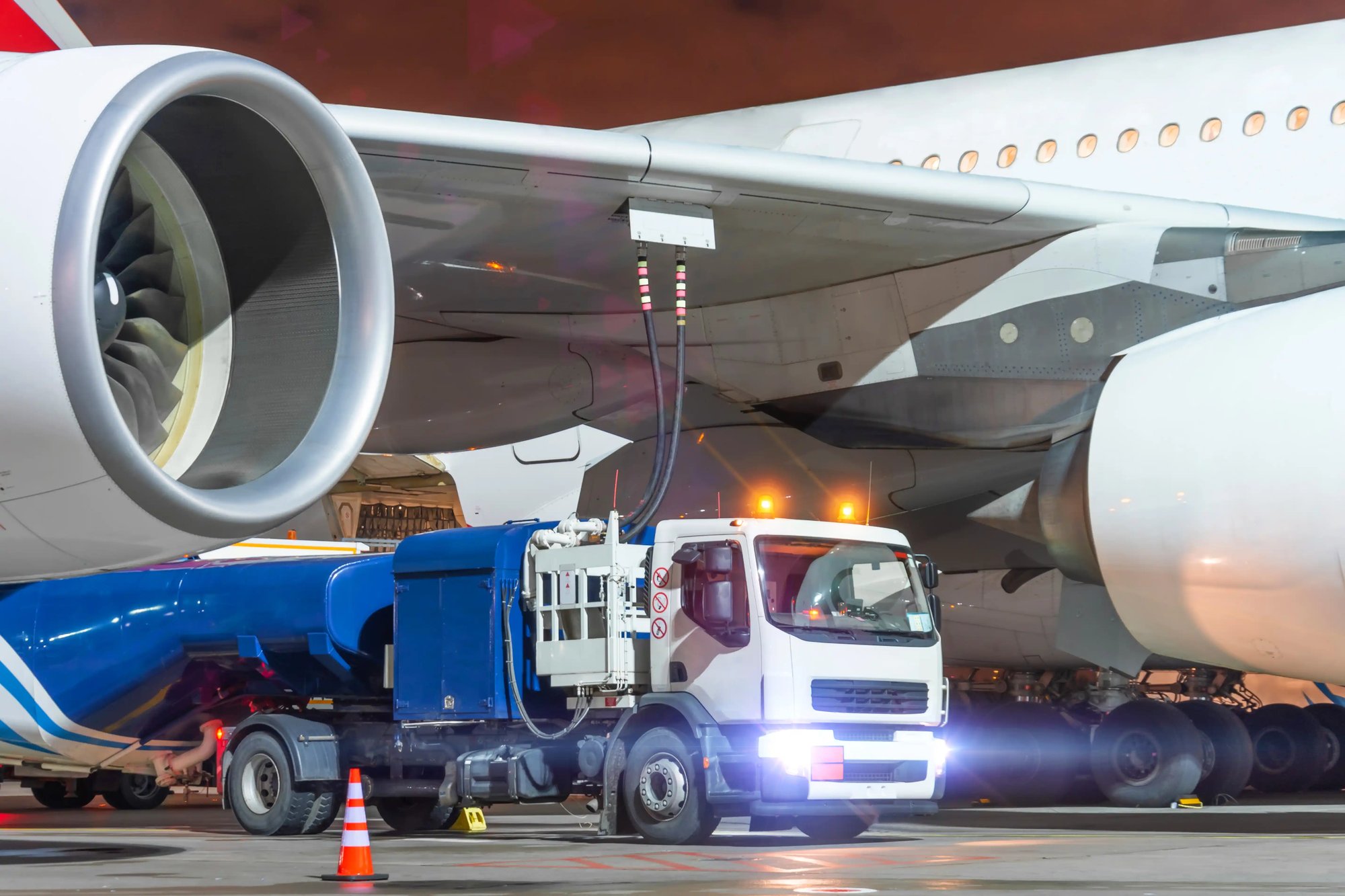
Refueling the Energy Transition
Enerkem's technology is strategically poised to actively contribute to the shift towards sustainable and resilient energy systems
The energy transition is not just a necessity;
it is an opportunity to build a better world today
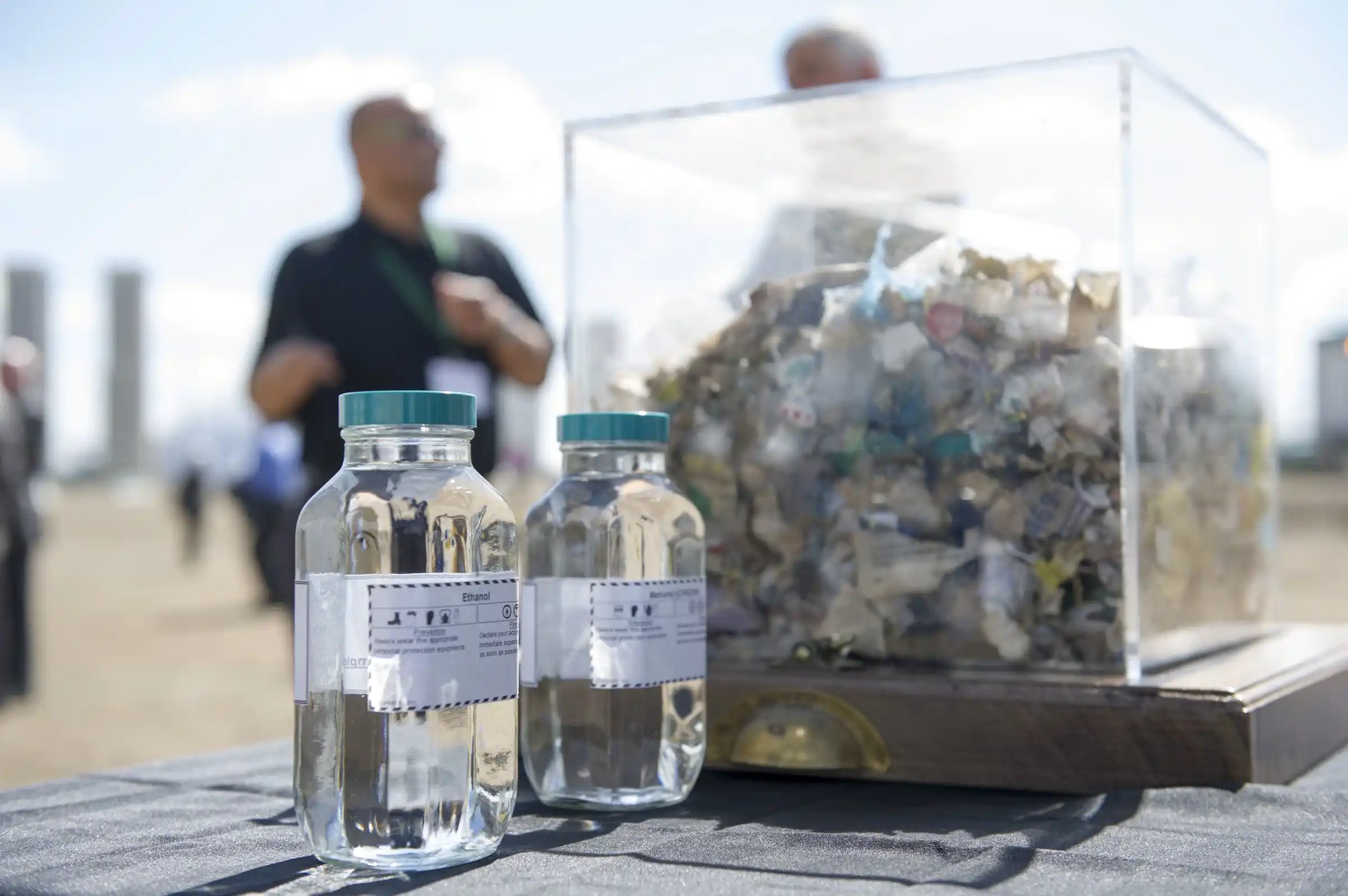
Enerkem's trailblazing path to a sustainable future
Through its waste-to-sustainable alternative fuels process, environmentally sound technology, and carbon-neutral practices, Enerkem stands at the forefront of the energy transition. By embracing this visionary approach, Enerkem sets forth a blueprint for resilience and sustainability in the energy landscape, while significantly reducing carbon emissions and inspiring widespread action.
Decarbonizing hard-to-abate sectors
Hard-to-abate sectors are responsible for more than 30% of global GHG emissions.
In the pursuit of sustainable energy sources, strategies like electrification can be impractical for certain industries due to their distinct characteristics and energy needs. Enerkem offers a viable solution by using waste as feedstock, providing a sustainable alternative for hard-to-abate sectors.
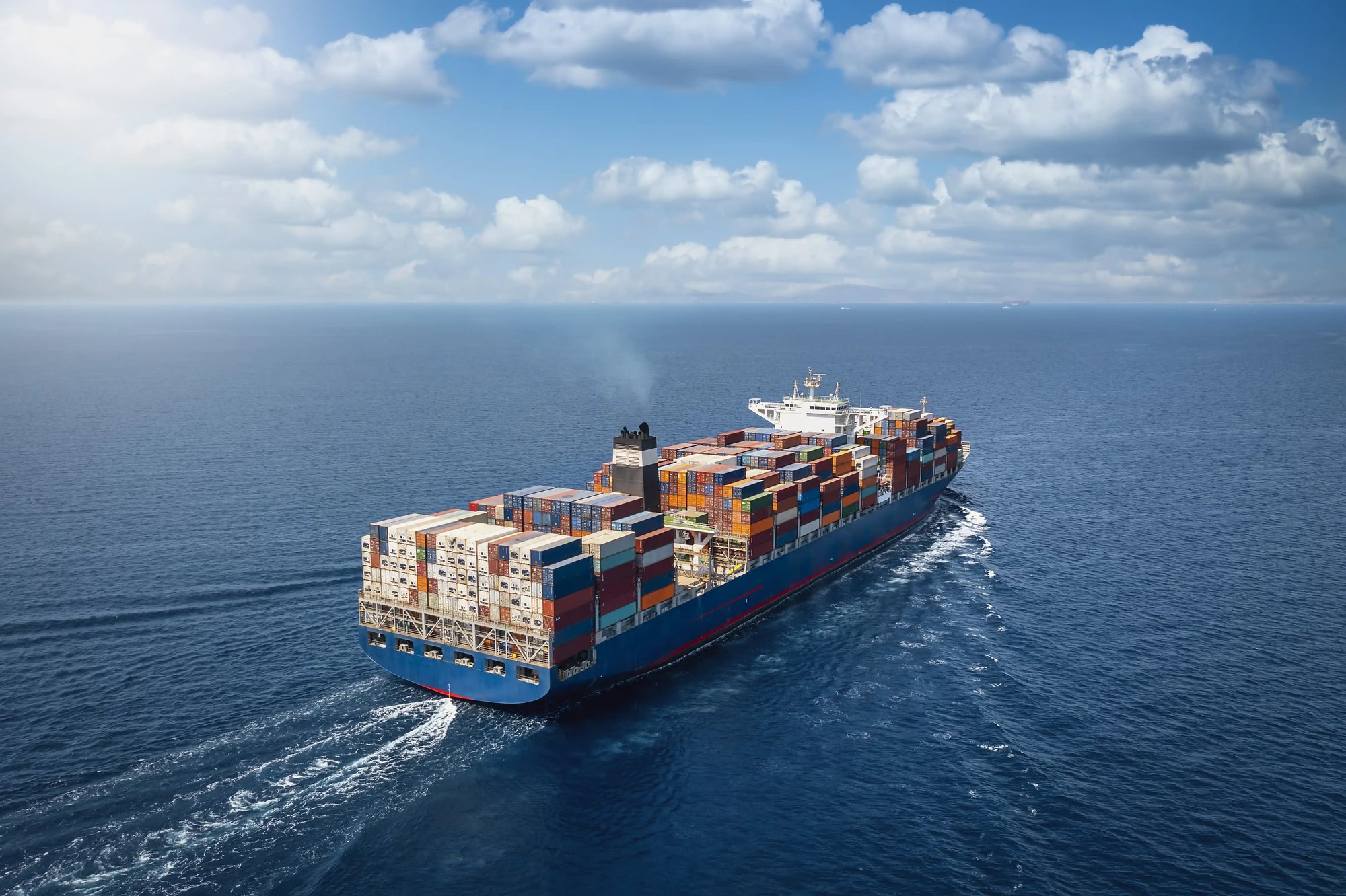
Marine Transportation
The recent approval of the International Maritime Organization’s (IMO) Net-zero Framework is charting the course for the energy transition in the shipping sector. During the 83rd session of the Marine Environment Protection Committee (MEPC 83) in April 2025, IMO Member States approved a new fuel standard and a pricing mechanism for GHG emissions. Once confirmed, these so-called Mid-Term Measures will usher in a new era of decarbonization and accelerate the transition away from fossil fuels, towards sustainable shipping.
Enerkem’s waste-to-methanol platform is ideally positioned to answer shipowners’ needs. Sustainable methanol features a low carbon intensity, enabling it to comply with the Zero and Near Zero (ZNZ) GHG threshold established under the Mid-Term Measures. Under the approved measures, our sustainable methanol reaches a GHG Fuel Intensity well below the Direct Compliance target, thereby generating surplus units. With methanol engines already in use on vessels, and an increasing amount of methanol-enabled vessels orders, sustainable methanol is paving the way for a cleaner future in maritime transportation.

Aviation
The aviation sector is often regarded as one of the most challenging industries to decarbonize. Unlike other transportation sectors, such as cars or trains, where electrification and alternative fuels are more readily feasible, aviation's unique requirements pose significant obstacles to achieving deep emissions reductions.
Enerkem technology advantage lies in its ability to produce sustainable aviation fuels (SAFs) from waste. SAFs produced through this process can reduce lifecycle greenhouse gas emissions by up to 93% compared to conventional jet fuels.
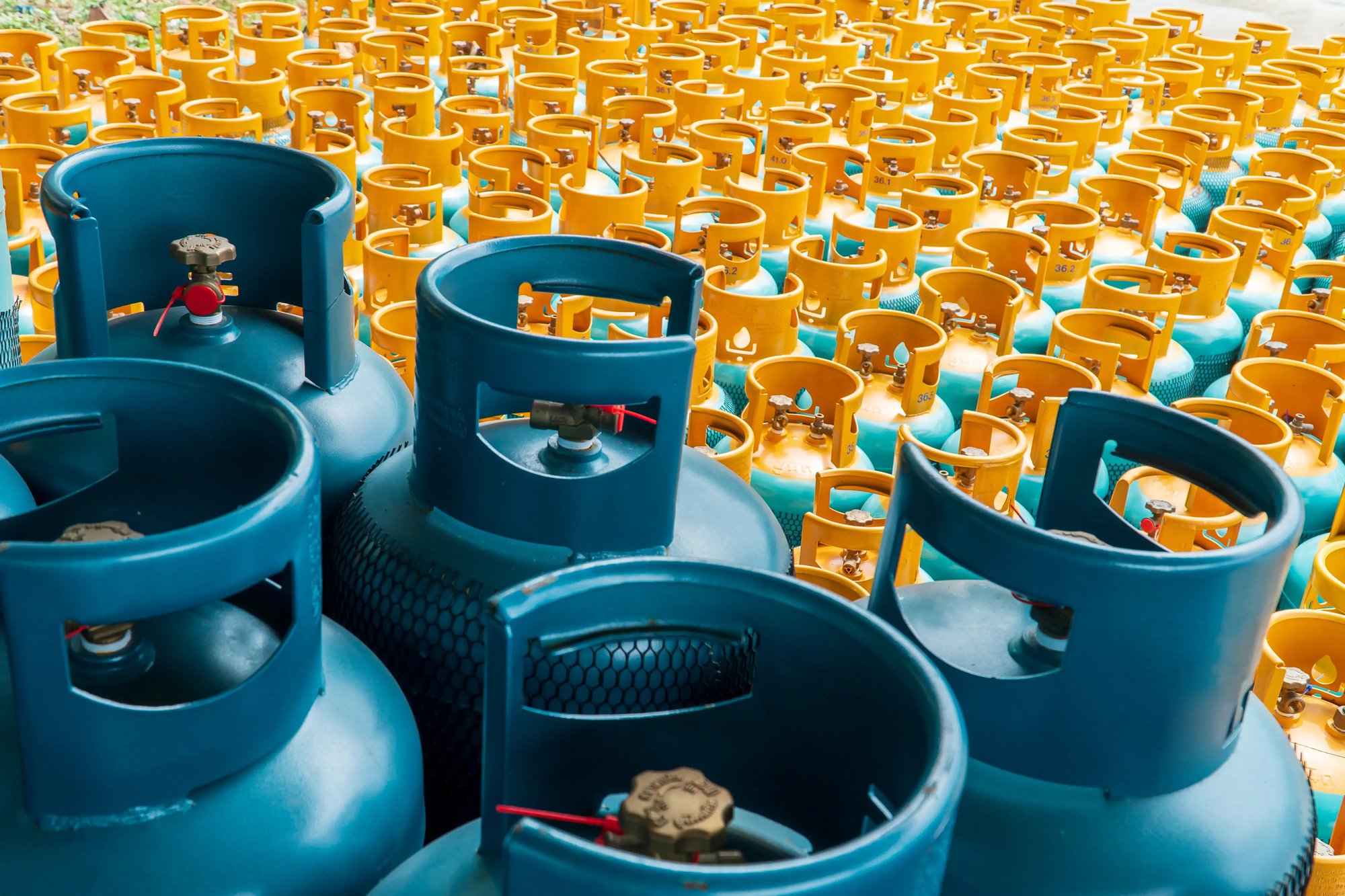
Off-Grid Energy Systems
Off-grid energy systems is considered a hard-to-abate sector. This is because off-grid heating often relies on traditional fossil fuel sources such as heating oil, propane or coal, which emit carbon dioxide and contribute to climate change.
Enerkem's technology produces low-carbon fuels, such as dimethyl ether (DME) which is chemically similar to propane and butane. DME can be blended to liquefied petroleum gas (LPG) to significantly reduce carbon emissions and can be used in existing applications.

Chemicals
Traditional chemical production is heavily dependent on fossil fuel-based feedstocks, such as crude oil and natural gas.
Enerkem's technology can produce circular chemicals from waste materials instead of fossil fuel-based feedstocks. These chemicals can be used as alternatives in various production processes.
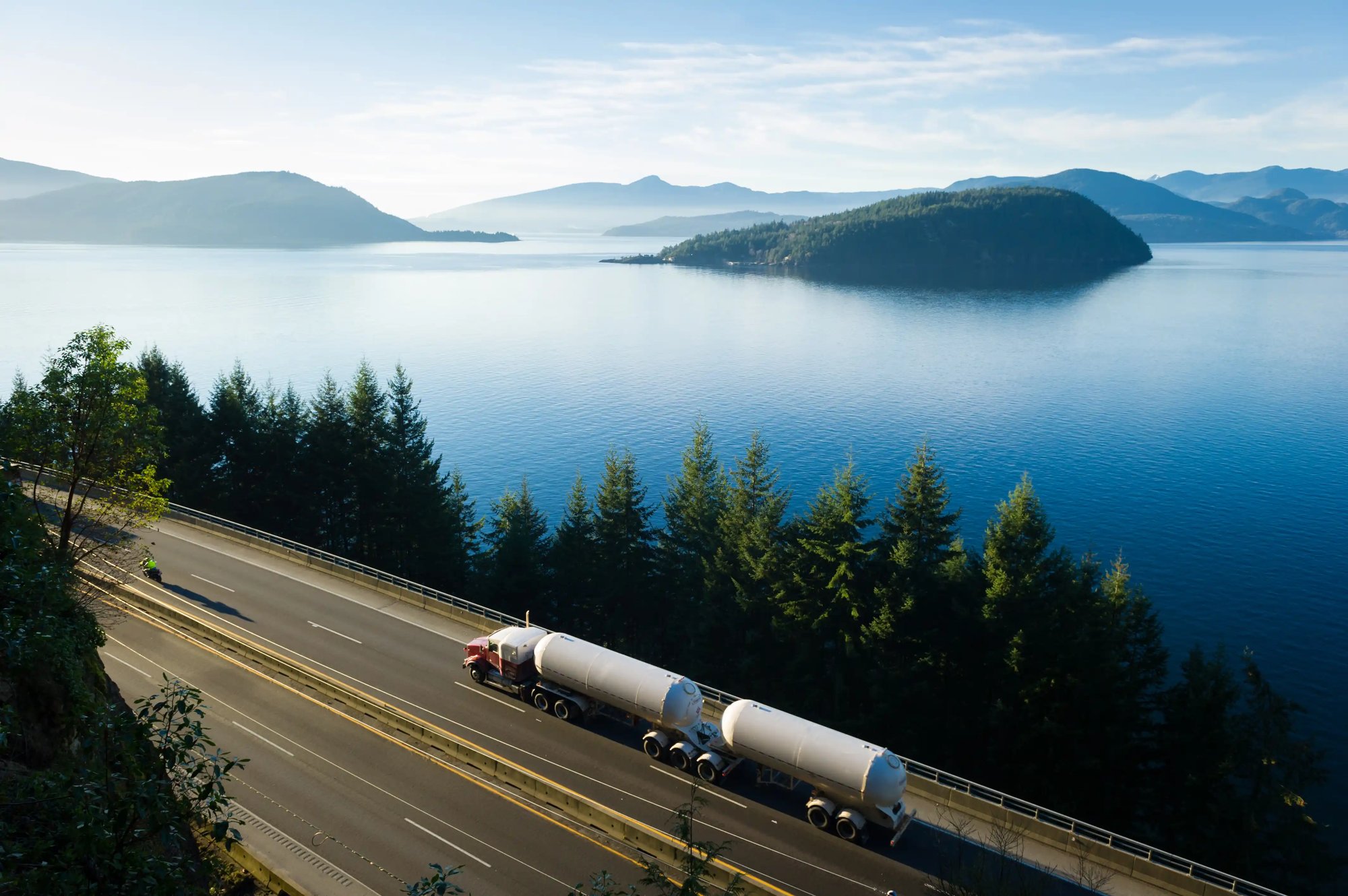
Our contribution to
Net-Zero
Enerkem is at the forefront of developing low-carbon intensity fuels.
Waste materials like unrecoverable plastics, municipal solid waste, and biomass residues are used as feedstocks to produce low-carbon fuels, chemicals, and other valuable products.


